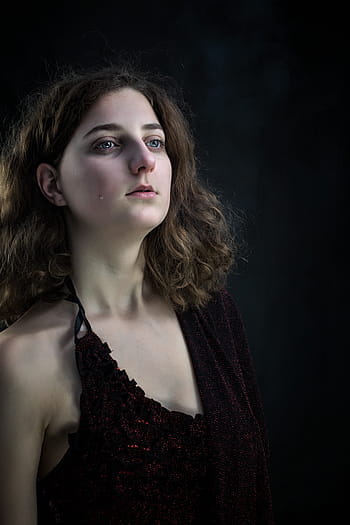Dealing with Death

One of the first young people I mentored was a 12 year old boy called Matt. He had a complicated background and family, and I would often get confused by all the names and how they were related. One day I asked Matt to draw me a family tree – this was an amazing time as it gave him time to spend a few minutes describing each person and the relationship he had with them. When we got to his great-grandparents he told me their name and then said “she’s dead” and “he’s dead.” He then moved onto one of his grandparents. “She’s dying” and a great uncle “and he’s dying.” In the subsequent silence I gently said “they’re all dying, Matt.” He looked at me astonished. “My mum isn’t!” “Well maybe not now, and hopefully not for a long time, but we’re all going to die.” “I’m not!” “You will, Matt!” “No, no I won’t”
This may seem like a strange and morbid conversation to have with a young person. Matt didn’t seem to hold it against me and over the coming weeks and months we would often come back to his gran’s cancer and his great-uncle’s decreasing health. Matt sought the space to grapple with the idea of dying, the what would happen afterwards (to him in grief rather than to them in eternity). And when death did come into the family, I believe he was better prepared for it.
When we ran Prayer Spaces in School at Archway back in December a third of the “Questions for God” related to the death of a pet or relative or the afterlife, and over 10% of the hope’s for the future related to meeting up with those who had died. Whilst society might not allow for these questions and conversations, it doesn’t mean young people aren’t asking them.
 Like all of us, young people are currently facing mortality in a different way than 21st Century Western Society has been used to. Death is one of the last taboos but now our daily news carries a “death-toll” – something which is absent even in times of war. Political decisions are being made based on the number of people dying each day – decisions which affect every aspect of our lives, and the lives of young people. They are acutely aware of this, and that the risks to them are considerably lower than the risks to others in our society. They are being asked to restrict their movements, their education and their social interactions to keep other people alive. But what does this say about the value that society puts on our young people? Is the message they hear “You have to stop living in order that older people can continue living!” What a sacrifice!
Like all of us, young people are currently facing mortality in a different way than 21st Century Western Society has been used to. Death is one of the last taboos but now our daily news carries a “death-toll” – something which is absent even in times of war. Political decisions are being made based on the number of people dying each day – decisions which affect every aspect of our lives, and the lives of young people. They are acutely aware of this, and that the risks to them are considerably lower than the risks to others in our society. They are being asked to restrict their movements, their education and their social interactions to keep other people alive. But what does this say about the value that society puts on our young people? Is the message they hear “You have to stop living in order that older people can continue living!” What a sacrifice!
And some of them are dealing with death head on – losing family members, friends and neighbours to a virus which they know they could be carrying symptom free. Having to grieve without the normal constructs of visits to the sick, funerals and memorial services. They can’t even gather together as friends to hold candle-lit vigils.
We need to provide the space and permission for young people to grapple with these issues, and to talk about death openly and honestly. As Christians we can be tempted to jump in with eager evangelism that can be interpreted as opportunistic or trite. This is a new pathway for most young people, and we need to walk it with care, grace and kindness – seeking to help them find the language to express their emotions, and the rituals to help them cope.